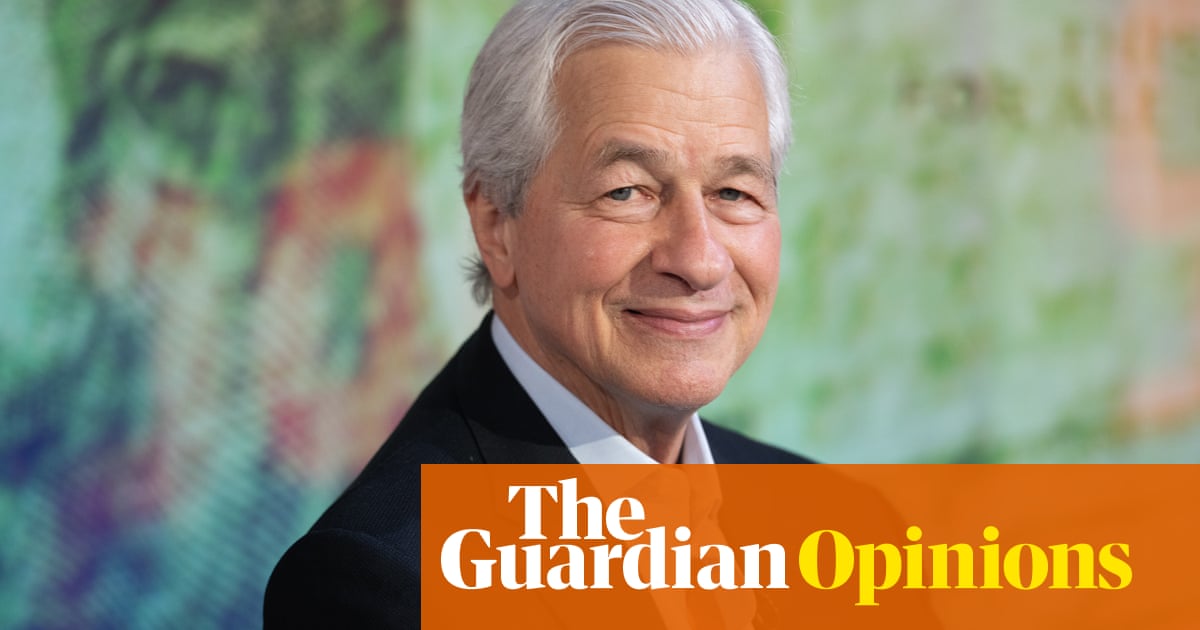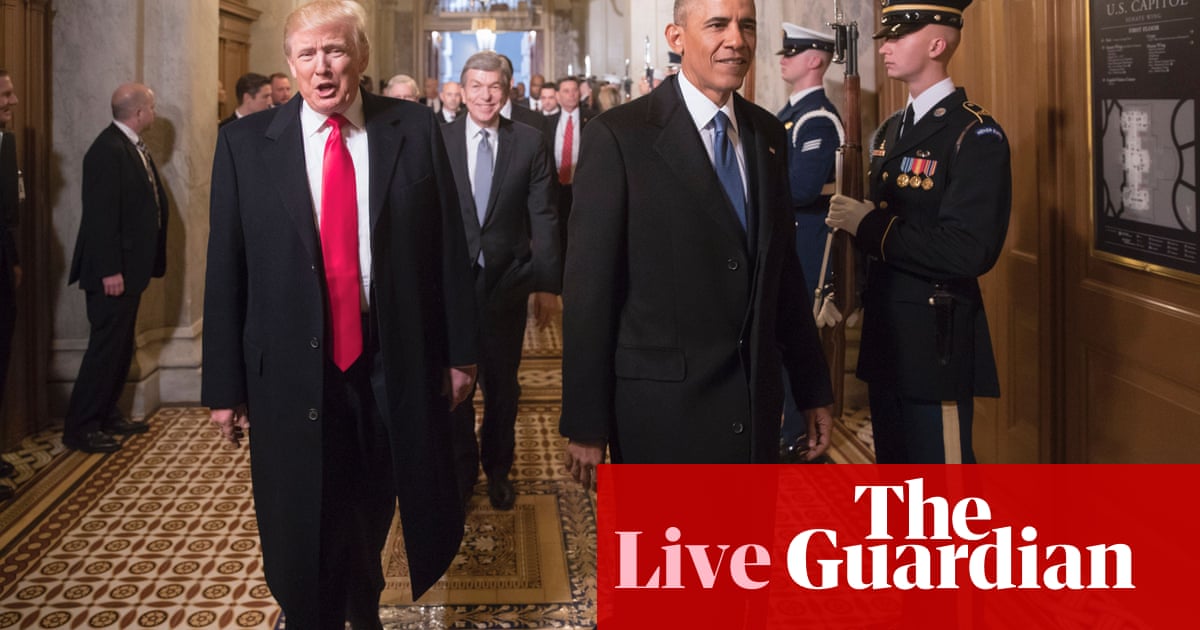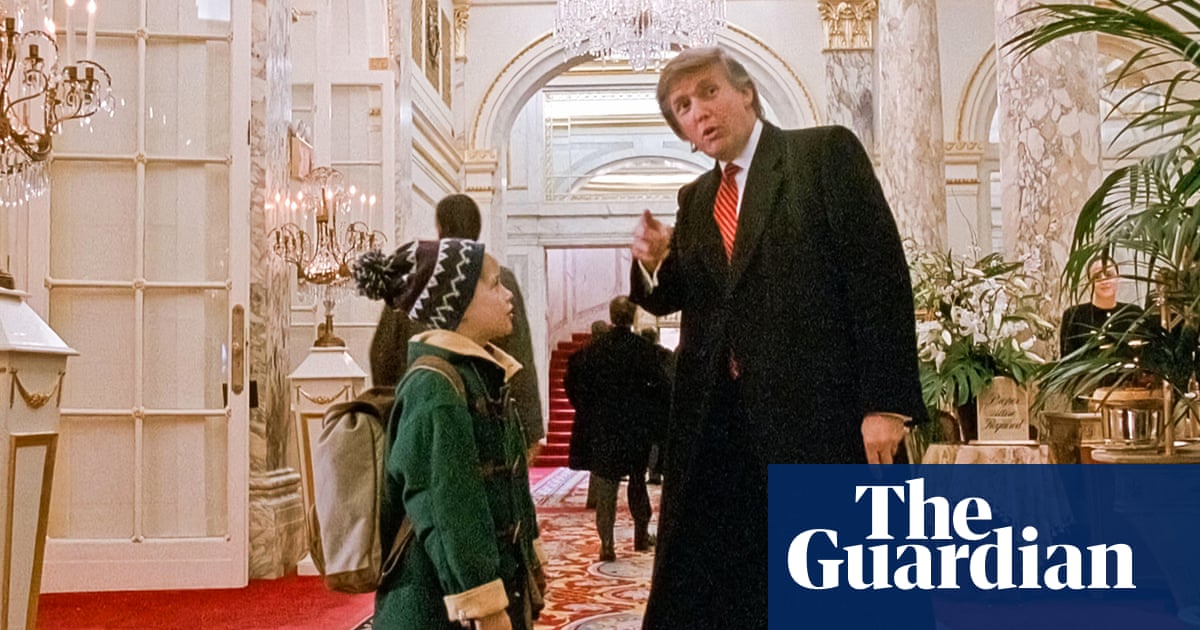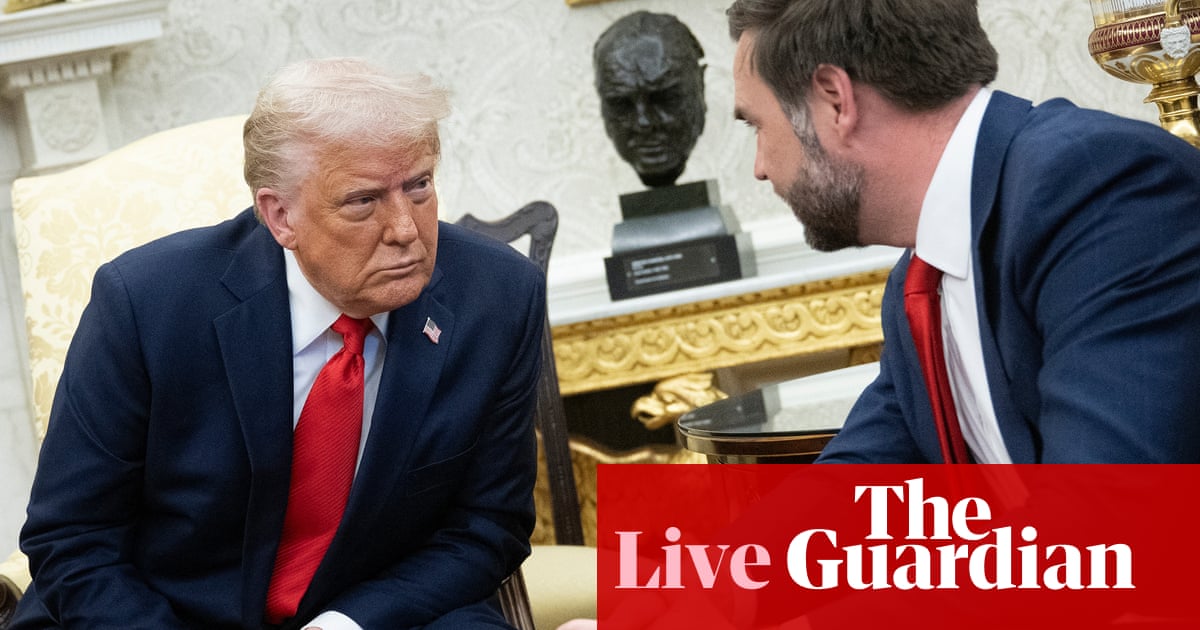In the space of just five weeks, China held live-fire drills on the doorsteps of Australia, Taiwan and Vietnam. It tested new landing barges on ships that could facilitate an amphibious assault on Taiwan. And it unveiled deep-sea cable cutters with the ability to switch off another country’s internet access – a tool no other nation admits to having.
China has been flexing its maritime muscle in the Indo-Pacific to send a message of supremacy to its regional neighbours, experts say. But it’s also testing the thinking of a bigger rival further afield: Donald Trump.
Since Trump took office in January, he and his cabinet members have focused their China strategy on tariffs and have launched an escalating trade war with Beijing. They had been largely silent on China’s growing acts of aggression in the Indo-Pacific’s seas.
That’s starting to change.
On April 1, the US state department condemned Beijing’s “aggressive military activities and rhetoric” in relation to unannounced military drills in the Taiwan Strait, which have become bigger in scale in recent months and are increasingly resembling actual invasion. That came on the heels of a visit to the region by US defence secretary Pete Hegseth, where he assured Japan and the Philippines that America would continue to defend them against China. He clarified the US had not changed its status quo stance on Taiwan, and the Pentagon reiterated China remained the US’ biggest threat.

But the US’s Indo-Pacific allies will want to hear those assurances from Trump, who has not shown his cards on issues like Taiwan. When asked by a journalist in February for his stance, Trump refused to be drawn and has said nothing on Taiwan since. He’s not afraid to diverge from his senior advisers, and his haphazard approach to Ukraine ceasefire talks – and tariffs – gives little confidence the president has a consistent, long-term strategy on any given global affair.
“The Chinese are watching what’s happening with the Trump administration and seeing how far they can push things,” said Malcolm Davis, a senior analyst with the Australian Strategic Policy Institute.
And in their testing of Trump, the seas around China are likely to become more restive, Davis said, adding that China will keep ratcheting up its drills in the Taiwan Strait and target countries with which it has territorial disputes, including the Philippines and Japan.
“China will be more willing to impose the risk of casualties on the Philippines through ramming ships and so forth. It might go from using water cannon to something a bit more aggressive,” Davis said. “The goal is to intimidate Manila into accepting China’s interests.”
How heavily involved the US military should get in the Indo-Pacific and how far the US should go to protect Taiwan from China are issues that have divided Trump’s most senior officials, according to a former state department staffer who worked in Trump’s initial weeks in office.
“There are definitely different competing camps that you could liken to a royal court, all competing for the last word and influence with Trump,” the former staffer said. “There is definitely a split over Taiwan policy between traditional NatSec folks like (Marco) Rubio and (Mike) Waltz versus Maga folks.”
But which side Trump is on isn’t clear.
Sam Roggeveen, director of the Lowy Institute’s international security program, said it was known that a faction of the Trump administration wanted to turn away from Europe. “But it’s not at all clear that he agrees with the second part of it – doing more in Asia,” he said.
What is clear from Trump’s posture in Ukraine talks is that he is open to putting deals on trade and major geopolitical issues on the same table. He also has a tendency to change his stance on a subject in a matter of days.
Beijing will be watching to see how Trump sways. If Russia’s Vladimir Putin can strike a grand bargain with Trump by using economic incentives in exchange for Ukrainian land, Beijing may look to do the same with Taiwan.
And that’s causing anxiety among the US’s closest allies in the Indo-Pacific, said Jenny Schuch-Page, managing principal in energy and sustainability with the Washington-based Asia Group. “Even the prospect for a ‘grand bargain’ with China will make countries in South-east Asia wary about how they will fare,” she said.
A spokesperson for the Chinese embassy in Washington, Liu Pengyu, did not comment on whether Beijing was looking for such a deal, but he said China “deplores” the US’ criticisms of its drills near Taiwan, calling them “a mischaracterisation of the facts and truth and an interference in China’s internal affairs.”
What Trump is likely to focus on is staying competitive with China, which is ahead in areas including artificial intelligence, robotics, electric vehicles and 6G internet.
The lack of a long-term China strategy is problematic, according to Danny Russel, a former US diplomat and vice-president of international security and diplomacy with the Asia Society Policy Institute in Washington.
He points to mass firings in the country’s intelligence services, which included laying off dedicated China researchers from the CIA, as a dangerous move in terms of security and the US’s bargaining position in trade talks.
China will probably try to recruit those laid off for its own intelligence gathering on the US, he said. A Reuters report suggests it already is.
“We’re blinding ourselves at a moment when the national security and economic interests of the United States and our allies call for clarity,” Russel said.
The defunding of Radio Free Asia – a sister organisation of Voice of America – is another own-goal, Russel said, cutting off a valuable source of information from China and other countries that are difficult to report from, like North Korea.
“It’s a kind of unilateral disarmament in the information space at a time when China, Russia, and North Korea are ramping up,” Russel said of the cuts. “Why are we voluntarily giving up our best tools of competition? There’s a big difference between belt-tightening and self-sabotage.”
That may become a security concern for countries like Australia, which has a long tradition of sharing intelligence back and forth with the US. China is likely to ramp up its missions in international waters near Australia, Davis and Roggenveen said, so a reliable flow of information on China is crucial.
A Chinese research vessel making a loop this month around Australia is a case in point. The Tan Suo Yi Hao travelled for more than two weeks in international waters near Australia’s southern and western coasts, close to subsea communication cables – critical infrastructure that allows Australians to send everything from emails to military secrets.
“I’d prefer it wasn’t there,” is about as much as Australian prime minister Anthony Albanese could say when asked by journalists for his thoughts.
Without a strong signal on the region from Trump, there could be more Chinese ships to come.

.png) 1 day ago
8
1 day ago
8













































